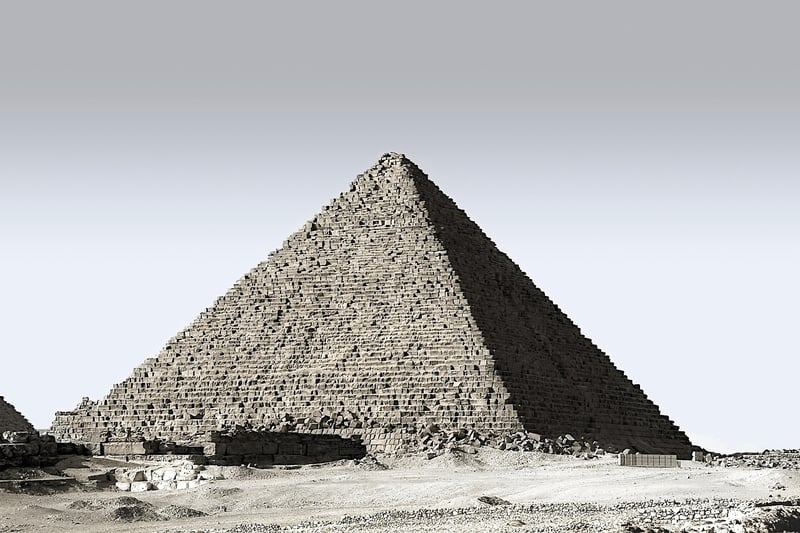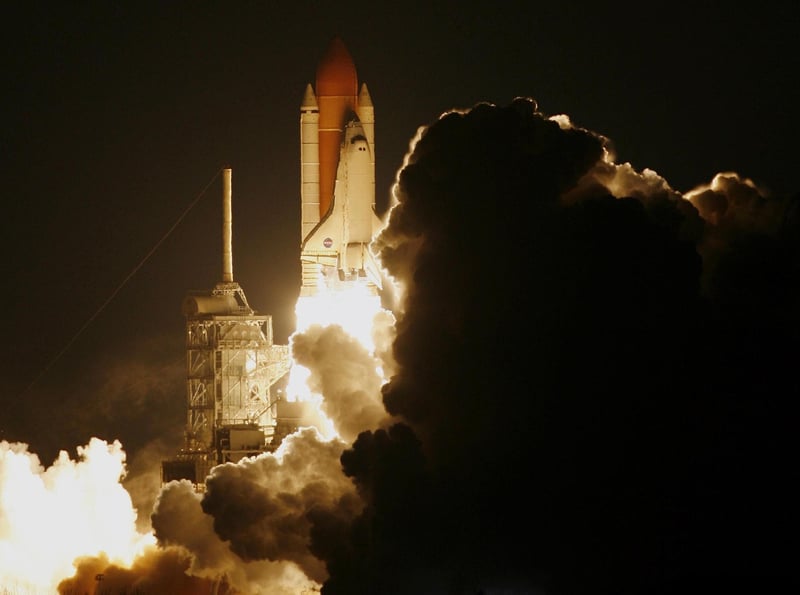Future Exploration
Exploring Different Eras and Future Exploration
Introduction
Exploring different historical eras and contemplating future exploration are fascinating endeavors that allow us to understand the past, present, and potential future of humanity. This article delves into various historical epochs and offers insights into potential future exploration.
Ancient Era
The ancient era, characterized by civilizations like the Egyptians, Greeks, and Romans, laid the foundation for modern society. From the construction of the pyramids to the development of democracy, this period is rich in history and innovation.

Medieval Era
The medieval era, with its knights, castles, and feudal system, was a time of chivalry and conflict. The architecture of the castles and the tales of King Arthur continue to captivate our imagination.

Industrial Revolution
The industrial revolution transformed society with the advent of machinery, factories, and urbanization. This era marked a significant shift in how goods were produced and led to rapid technological advancements.

Space Exploration
Space exploration represents humanity's desire to reach beyond Earth and explore the cosmos. From the first moon landing to the exploration of Mars, space missions have expanded our understanding of the universe.

Future Exploration
The future holds exciting prospects for exploration, including missions to other planets, the development of sustainable technologies, and the possibility of space tourism. Advancements in artificial intelligence and robotics may also play a significant role in future exploration.
Conclusion
Exploring different historical eras and contemplating future exploration allows us to appreciate the achievements of the past while looking ahead to new frontiers. By learning from the past and embracing innovation, we can continue to push the boundaries of exploration and discovery.
